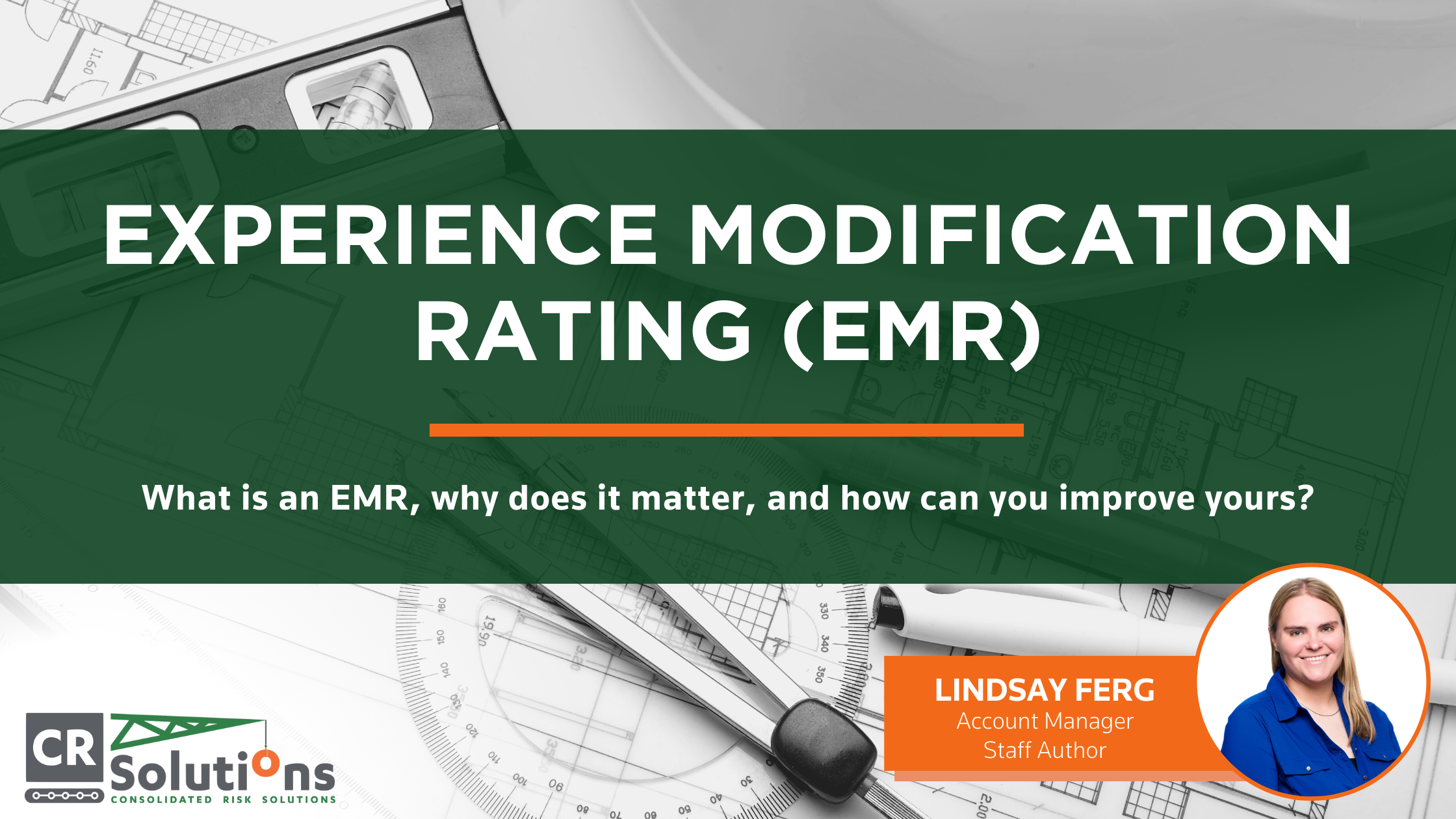Understanding EMR Ratings in construction
In the construction industry, safety is paramount. One crucial metric that reflects a company’s commitment to safety is the Experience Modification Rating (EMR). This article delves into the intricacies of EMR, its significance, and how it impacts construction businesses.
What is an EMR?
An Experience Modification Rating (EMR), also known as a Mod Rate, E-Mod, or X-Mod, is a numerical value assigned to a construction company by its workers’ compensation insurance provider. It serves as an indicator of the company’s safety performance and is used to calculate workers’ compensation insurance premiums.
How is EMR Calculated?

The EMR calculation is based on several factors, including:
Past claims history: The number and cost of workers’ compensation claims filed by employees over a specific period, typically the past three years.
The National Council on Compensation Insurance (NCCI) is the primary organization that calculates EMRs for most states. However, some states have their own independent rating bureaus.
What Does EMR Mean?
The EMR is a comparative measure that reflects how a company’s safety record compares to the industry average. An EMR of 1.0 is considered the industry average, meaning the company’s safety performance is on par with others in the same industry.

EMR below 1.0: A lower EMR indicates a better safety record than the industry average. This translates to lower workers’ compensation insurance premiums.
Why is EMR Important in Construction?
EMR plays a crucial role in the construction industry for several reasons:
Insurance premiums: EMR directly impacts the cost of workers’ compensation insurance. A lower EMR leads to significant cost savings, while a higher EMR can make insurance premiums prohibitively expensive.
How to Improve EMR?
Improving EMR requires a comprehensive and proactive approach to safety management. Here are some key strategies:
Implement a robust safety program: Develop and enforce a comprehensive safety program that includes hazard identification, risk assessment, safety training, and regular safety meetings.
Conclusion
EMR is a critical metric in the construction industry that reflects a company’s safety performance and impacts its insurance costs and ability to win bids. By prioritizing safety, implementing a robust safety program, and fostering a culture of safety, construction companies can improve their EMR, reduce costs, and create a safer work environment for their employees.
what is an emr rating in construction
